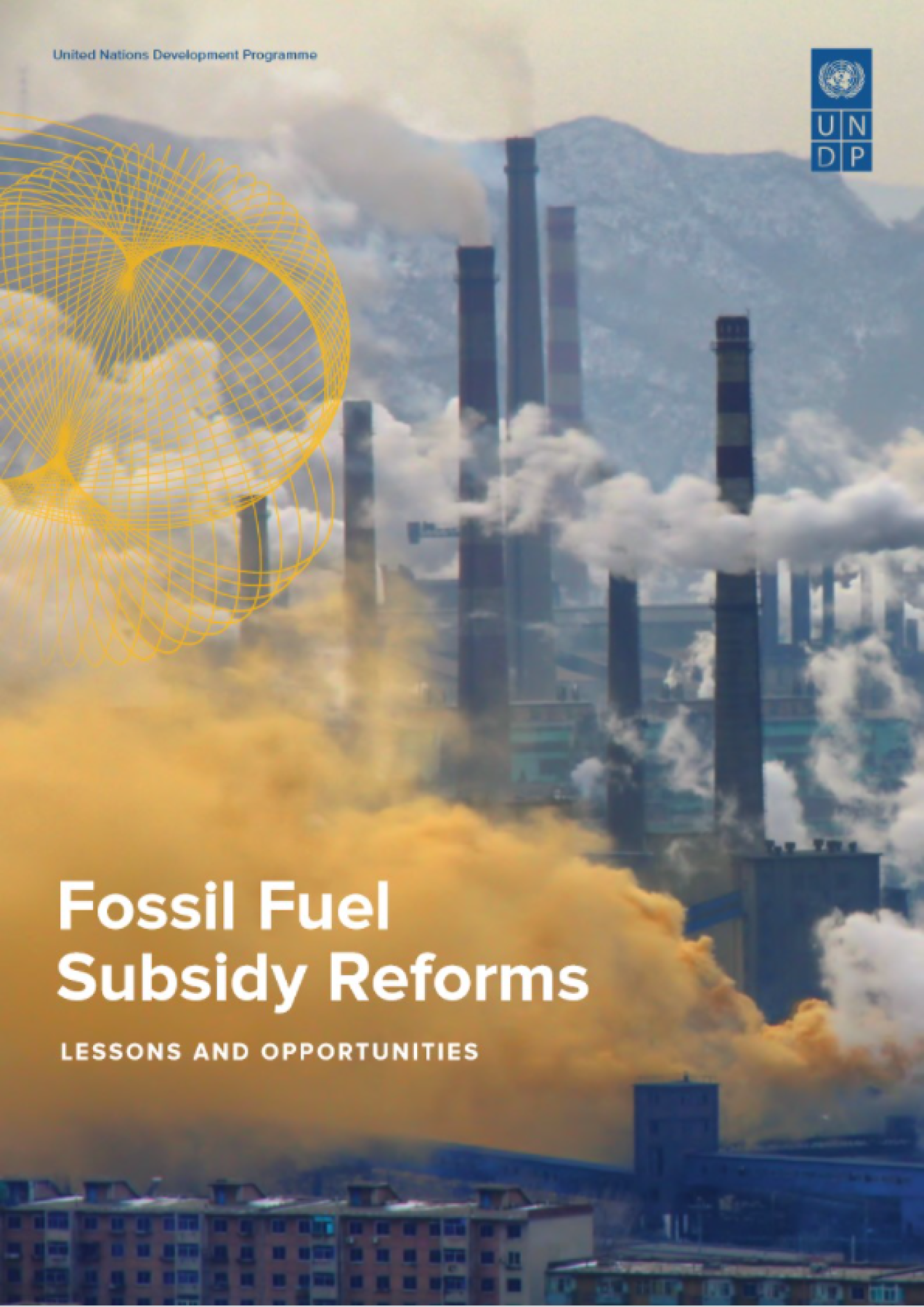Fossil subsidies continue to shape economic and environmental landscapes worldwide, affecting energy markets and climate policies. These financial supports, often given by governments, aim to reduce the cost of fossil fuels for consumers and producers. However, the long-term consequences pose significant challenges, including hindering renewable energy growth and increasing greenhouse gas emissions. Globally, billions of dollars flow annually into these subsidies, raising concerns about sustainability and fair market competition. The urgent need to reform such funding mechanisms grows stronger as nations strive to meet climate targets while balancing economic demands. This article explores the widespread effects and implications of fossil fuel support systems and the growing call for change.
Unpacking the Economic Impact of Fossil Fuel Subsidies
Subsidies on fossil fuels create market distortions by lowering prices artificially, leading to excessive consumption. This situation results in inefficient energy use and increased pollution levels. Moreover, these subsidies strain public budgets, as governments allocate large sums to maintain low fuel costs. Despite attempts to phase them out, political and social pressures often prevent swift reforms. As a consequence, many countries face difficulties funding clean energy initiatives, slowing down the transition toward sustainable alternatives. Additionally, the persistence of these subsidies undermines international climate agreements by supporting activities that contribute heavily to carbon emissions. Economic experts emphasize that redirecting these funds could significantly improve global investment in green technologies.
International Efforts to Address Fossil Fuel Financial Support
Efforts to reduce fossil fuel subsidies have gained momentum among global institutions and governments committed to sustainability. Multilateral organizations advocate transparency and data sharing to highlight the true scale of such subsidies. Several nations have started implementing gradual subsidy reforms, coupled with social programs to protect vulnerable populations from energy price shocks. These initiatives aim to balance economic growth with environmental responsibility. In this context, renewable energy sectors are becoming increasingly competitive, attracting investments that were once hindered by fossil fuel advantages. Yet, challenges remain, including overcoming resistance from powerful fossil fuel industries and ensuring equitable transitions for affected workers. Effective policy design and international cooperation remain critical to overcoming these barriers.
The Path Forward: Transitioning to a Low-Carbon Future
Reducing financial support for fossil fuels plays a pivotal role in advancing the global energy transition. Policymakers face the complex task of balancing short-term economic concerns with long-term climate goals. Successful reform requires coordinated actions such as phasing out subsidies, increasing carbon pricing, and investing in clean energy infrastructure. Furthermore, public awareness and stakeholder engagement are essential to garner support for these measures. As the world moves toward a more sustainable energy system, the shift away from fossil fuel dependency must accelerate to meet climate targets and safeguard future generations. Ultimately, dismantling fossil fuel subsidies will be a critical step in promoting energy equity and environmental resilience worldwide.
